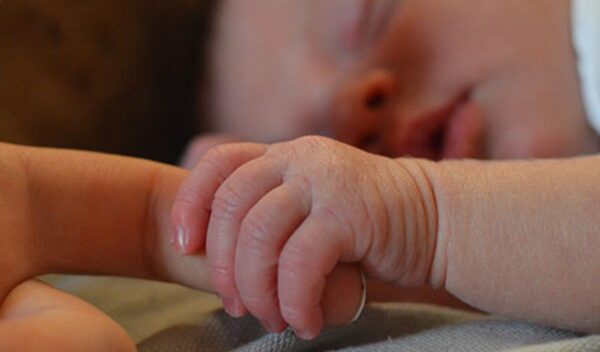Determining nationality in this situation isn’t as straightforward as one might think.
Since planes travel over different countries and cross many borders, it can be tricky to decide if the baby belongs to the country where the plane took off, the country it’s flying over, or even the country where it lands.
Different countries have different rules for assigning nationality, and not all of them apply the same way when a birth happens on an aeroplane.
When a baby is born on the ground, their nationality is usually decided based on where they’re born or their parents’ citizenship. But in the sky, things aren’t so simple. Here are the main ways a baby’s nationality might be determined if they’re born on a plane:
One common rule that helps decide a newborn’s nationality is the nationality of their parents. If both parents are citizens of a particular country, the baby can usually inherit that nationality, no matter where they are born—even if it’s on a plane. This is one of the more straightforward ways to determine nationality and often applies to babies born in unusual places like aeroplanes.
2. Country where the plane is registered
Some countries decide a baby’s nationality based on the registration of the aeroplane they were born on. Planes carry the registration and flag of the country where they are based. For example, if a baby is born on a plane registered in the United States, some countries may allow the baby to claim U.S. nationality. However, this doesn’t always apply, as not all countries recognise plane registration as a basis for citizenship.
2. Airspace the plane Is flying over
Another factor is where the plane is flying when the baby is born. In some cases, the country whose airspace the plane is in might offer nationality to the baby. But this is quite rare and only applies to countries with specific rules about citizenship by location. Most countries don’t automatically grant nationality to babies born in their airspace.
Special cases and exceptions
In cases where there isn’t a clear answer, some countries may allow the baby to have multiple nationalities or give them a form of “stateless” status until it can be resolved. Statelessness means the baby doesn’t belong to any country officially but will often be able to choose or be granted a nationality later.
What usually happens?
While the rules can seem confusing, in most cases, the baby’s nationality is decided based on the parents’ citizenship. Airlines and countries often work together to ensure the child’s status is sorted out quickly to avoid any complications.
So, while it’s rare, being born on a plane comes with some interesting questions about nationality. And while it might seem complex, the laws in place usually ensure that these “airplane babies” don’t face too many challenges getting a nationality.
